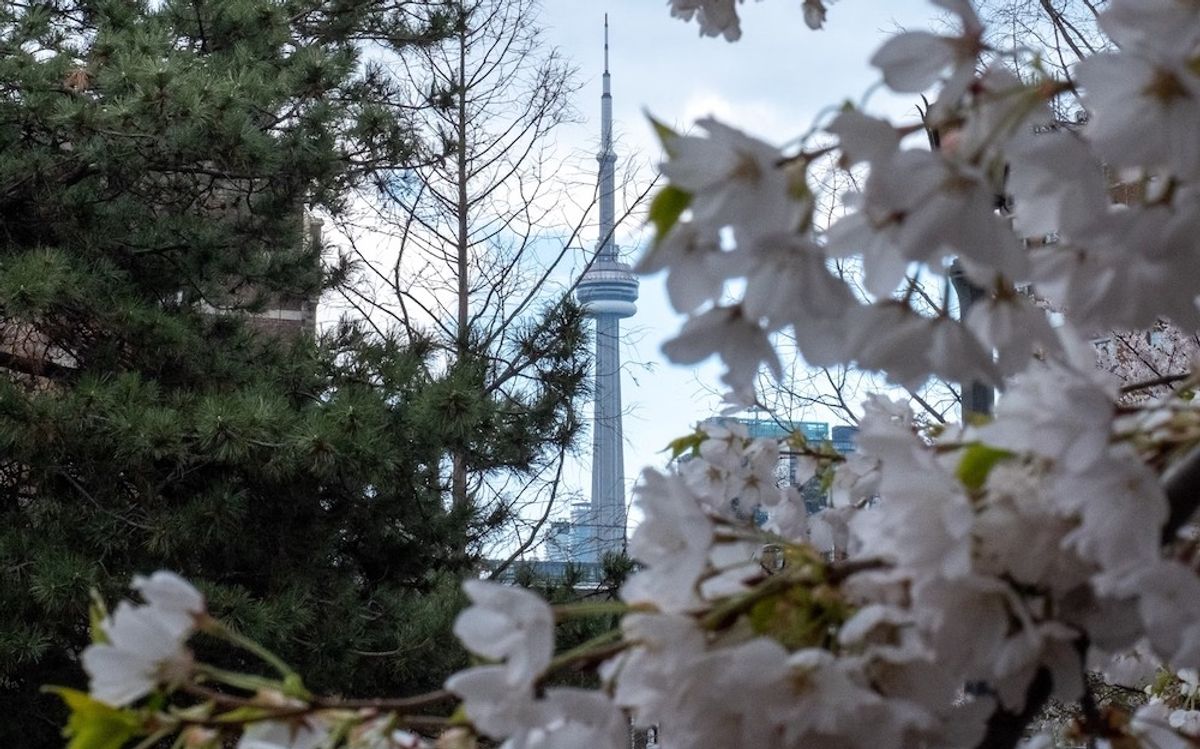
It’s hard enough to secure a condo in Toronto, without worrying about annoying neighbours. Specifically smelly ones. A common complaint amongst condo-dwellers are odours that travel through vents into their units, from pungent recipes to the scent of newly-legal weed.
READ: 5 Ways To Smoke Pot (Almost) Odourlessly — If Allowed In Your Building
What’s a condo-dweller to do? Well, there are a few steps that can be taken, some of them easier than others.
First, talk to your condo management, says Julia Lurye, associate lawyer at Toronto-based Horlick Levitt Di Lella LP.
“The starting point is for an owner to notify the condominium management provider regarding the unpleasant odours permeating into their unit and request that the condominium corporation takes steps to investigate the cause,” she tells Toronto Storeys. “This is because a condominium corporation has a general obligation to investigate the cause of the odour migration (and to pay for this investigation) in the context of its maintenance and repair obligations...as set out in the Condominium Act.”
READ: 6 Scents That Can Help Sell Your Home During An Open House
Lurye says the responsibility to pay for the odour migration may depend on what’s causing the smell — if it’s coming from the common elements of the condo, like the garbage chute, management might be on the hook, while smelly cooking could be outside of their control.

If an owner finds that management is unwilling to help with the problem, their next step should be to consult a lawyer, says Lurye.
“Speak with a condominium lawyer to understand [your] rights and obligations under the circumstances,” she explains. “Generally, and in my experience, a letter from a condominium lawyer’s office will have the effect of moving the matter forward towards a resolution.”
Under section 134 of the Condo Act a court application could be made to address the issue.
READ: 10 Critical Questions To Ask Potential Roommates
Of course, it’s in the condo management’s best interest to limit unpleasant smells before an owner feels the need to pursue legal counsel. The past year saw a rash of smoking bans in Toronto’s condos, as condo boards rushed to get ahead of complaints that could come from the legalization of marijuana.

Speaking to GlobalNews, condo law specialist Michelle Kelly explained how condo boards go about setting the bans in place, first creating a rule and then circulating it to owners, before putting it to a vote.
“They have to do it for two purposes though: they have to promote the safety, security or the welfare of the owners, or of the property itself, or prevent unreasonable interference with the use and enjoyment of the units,” she explained.
This time last year, Kelly estimated that up to 20 per cent of condos were in the process of implementing smoke-free policies. While existing owners are exempt from the policy, new owners must abide by the new smoke-free rules.





















